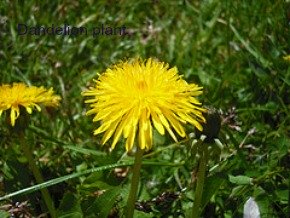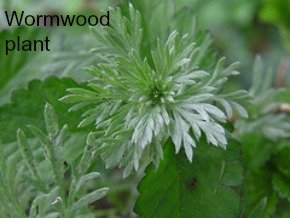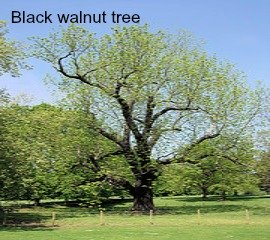Horse Colic can be Fatal!
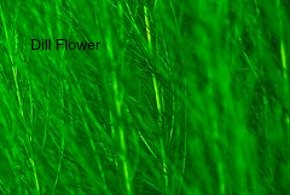
Although many owners are unaware of what horse colic is all about, this is serious problem that should never be
overlooked!
While there may be any reason to believe that your horse is suffering from this condition at the
time, the more you learn about it the better off you're going to be.If nothing else,this will help you diagnose any issue that could potentially come up in the future.
A colic horse is one that is suffering from abdominal pain related to the disruption of the digestive system.
The pain can range from mild to severe, and in many cases, can be life-threatening. For this reason, any signs of colic should not be taken lightly.
There are three types of equine colic to be aware of and are as follows:
1.Intestinal dysfunction. This is nothing more then excess gas, which results in colic. While this can occur in other animals, it is very common horses.
2.Intestinal accident. This could include everything from hernias, to intestinal tears, to displacement. In many cases,it will require surgery.
3 Colic in horses can be cause by.Enteritis or ulcer are caused by inflammation, infections, and other gastrointestinal diseases.
The Cause Of Horse Colic!
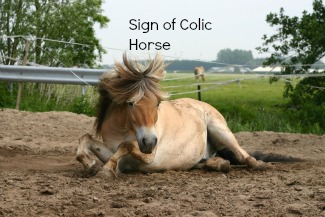
There are number of different things which can cause horse colic. By knowing the causes, it is is much easier to avoid potential problems in the future.
It is important to note the some causes of colic in horses are more common then others. That being said, you should become familiar with all of them.
Here are just a few of the most common causes of equine colic:
* Sand ingestion. Believe it or not, this is more common than other causes. In short, this comes into play when a horses eats too much sand. Over time, this can build up in the digestive tract and lead to sand colic in horses
*Over feeding the animal! * Parasites infest ions cause 50% of deaths in horses!
*Ingesting rotten food! * An irregular feeding routine or changing in feeding !
* Eating wood, plastic or stones! * Twisted intestines is very serious often requires surgery!
The Diagnosis Of Horse Colic
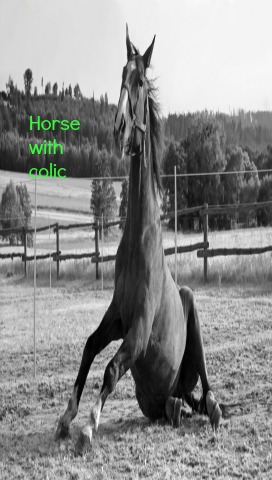
It is one thing to think that your horse has colic, it is another thing to know for sure. While you may think that you can diagnose this condition on your own,this may not always be the case.
It better to be safe then sorry, so don't shy away from contacting an experienced veterinarian.
Generally speaking your vet will check your animal's heart rate, while also conducting a rectal exam, fecal exam,
and auscultation. From these, the vet will look for symptoms in horses. These are the most common:
*Sweating!
*Stretching out to urinate, but not doing so!
*Pacing!
*Sitting down in the manner as a dog!
*Scratching the ground!
*Having a difficult time standing up!
*Biting at his/her stomach!
*Rolling around more then usual!
Worms affecting horses are blood worms, round worms, tape worms, and bots. These may often be treated with medications. Fortunately there are safer ways to deal with Horse Problems like worms and other ailments then using medication.
Sadly, it has been reported that 50% of deaths in horses are related to Horse parasites.
More information on Natural horse deworming to safe guard your horse. Learn more a about company that vast knowledge in Holistic Medline called The Holistic Horse!
Using Herbs For Horse Colic
As you can imagine and as we discussed briefly above, there are many ways to treat colic in horses without the use of chemicals that have bad side effects on your horse.
The methods that your vet recommends is not your only option. A holistic vet may recommend something different for colic horses.
Believe it or not, herbs have been used to treat colic for thousands of years. In fact, this type of treatment is thought to date back to 2800 BC. Using herbs is one of the best ways to kill horse worms, which can cause colic.
,Along with this, it can go long way in improving the overall emotional state of the animal. One ingredient that can really help a horse with a gas problem is Chamomilla, it has been proven to help stomach pain and discomfort in a hurry.
Over the past few years, a growing number of people have begun to realize that is one of the best possible treatment options there is.
Summary:
Now that you know more about horse colic, including the finer details of the condition, you can keep an eye on your animal to ensure that this condition is kept under control.
And to know there colic relief that natural and without the side effects of drugs.



